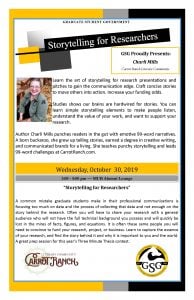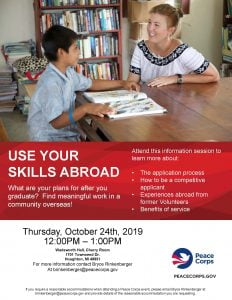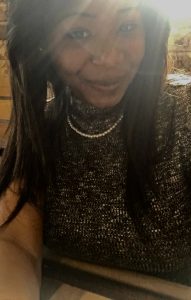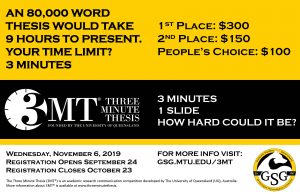There’s still time to apply for Michigan Space Grant Consortium (MSGC) funding. The internal Michigan Tech deadline is noon on Wednesday, Nov. 6. MSGC offers funding opportunities in the following categories: Undergraduate fellowship, Graduate fellowship, Pre-college education, Public outreach, Teacher training and research seed grant.
Last year, 11 out of 12 graduate students who applied for MSGC grants received funding.
Only U.S. citizens are eligible to apply for fellowship grants. Visit our MSGC page for instructions detailing proposal submission procedures and requirements.. If you have further questions, contact Paige Hackney in the Pavlis Honors College in M&M 722 or at phackney@mtu.edu. Proposals must be submitted electronically after being approved by the Office of Sponsored Programs.



